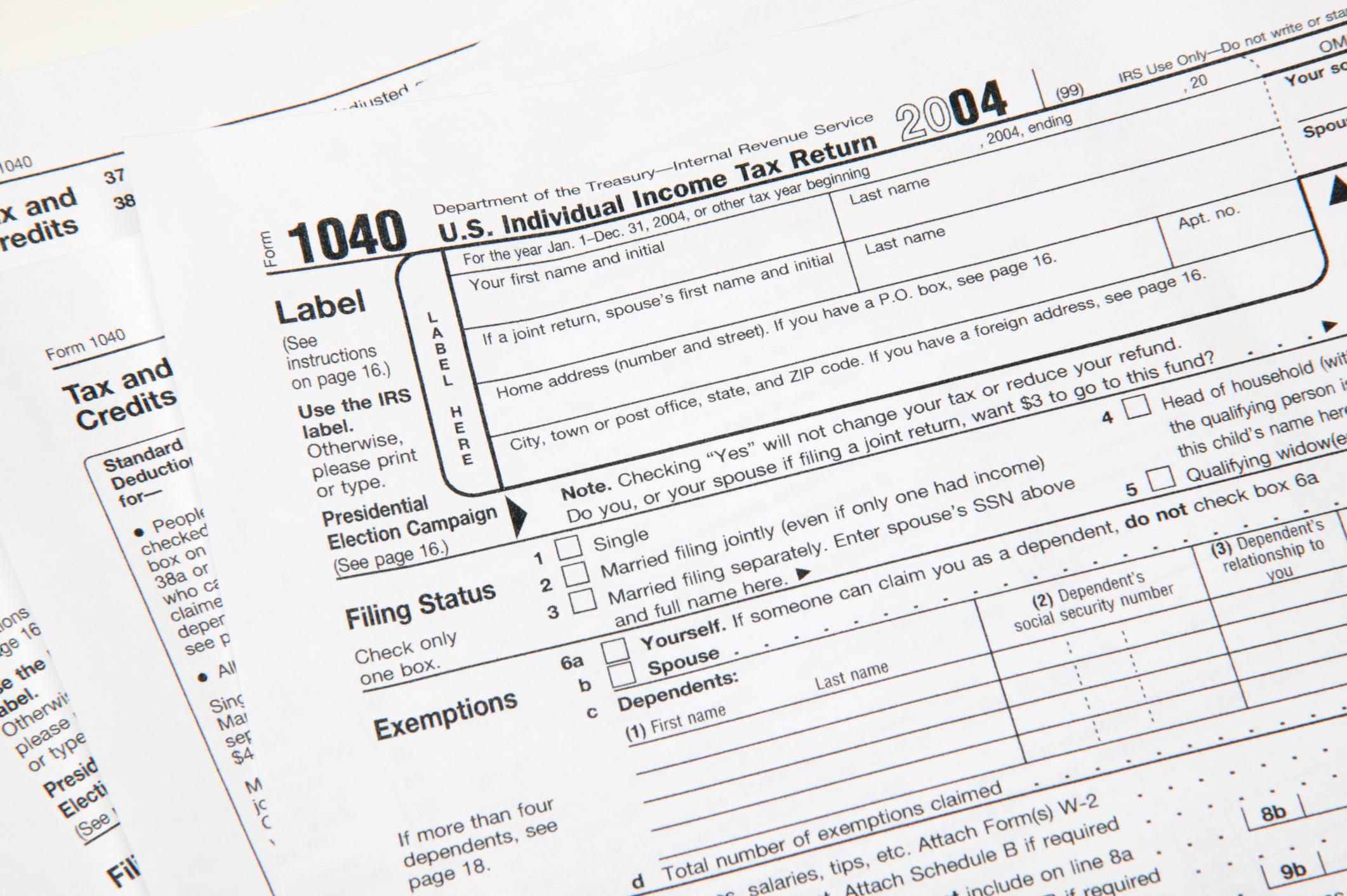If You Live in Multiple States, Watch Out for This When You’re Filing Taxes
Those who spend a lot of time in various states or move around should know about residency statutes for tax purposes. Here are the rules.
Feb. 4 2022, Published 3:19 a.m. ET

Moving to a new state can be a great experience, but come tax time, it can be a headache. Each state has residency statutes in place, and determining your residency in a previous or new state can be confusing.
Knowing about residency statutes is especially important when filing a tax return, because if you don't understand the rules, it could cost you extra. Here are the rules, explained.
Domicile versus statutory residence
A domicile is what a state determines as your permanent residence or home, and where you return after any traveling or short-term stays elsewhere. It's key to understand that whereas you can have only one domicile at a time, it doesn’t mean you aren't required to pay income taxes in multiple states.

This rule varies between states, but generally, you’d be considered a statutory resident for spending over half a year in a state. So, if you have a home in one that you eventually return to (and your driver’s license, mailing address, and memberships are connected to that address), but you spend more than 183 days living in another state, you’d be considered a statutory resident in the second state. As a result, you would have to pay taxes in both states.
How to avoid paying taxes in more than one state
Each state has its own guidelines on taxes. As a rule of thumb, however, after you move to a new state, it's best to establish that as your domicile quickly to avoid paying additional taxes in the state you moved from. You can establish your domicile by updating your mailing address, driver’s license, vehicle registration, and voter registration to the new state.
Opening a bank account, joining membership programs, and getting a new doctor can also help you establish your official domicile. Buying or renting a residence in the new state and selling or leasing one in the former state can be helpful as well.
When you shouldn't establish a state as your domicile
In some cases, not establishing a new state as your domicile may be the best idea. An obvious scenario would be if you were to move to another state but plan to return to the previous state that year.
There are situations where even if a person didn’t spend 183 days in the new state they moved to, they could be responsible for filing taxes as a part-year resident in the new location. Therefore, it's key to determine if your state classifies you as either a full-year or part-year resident.
